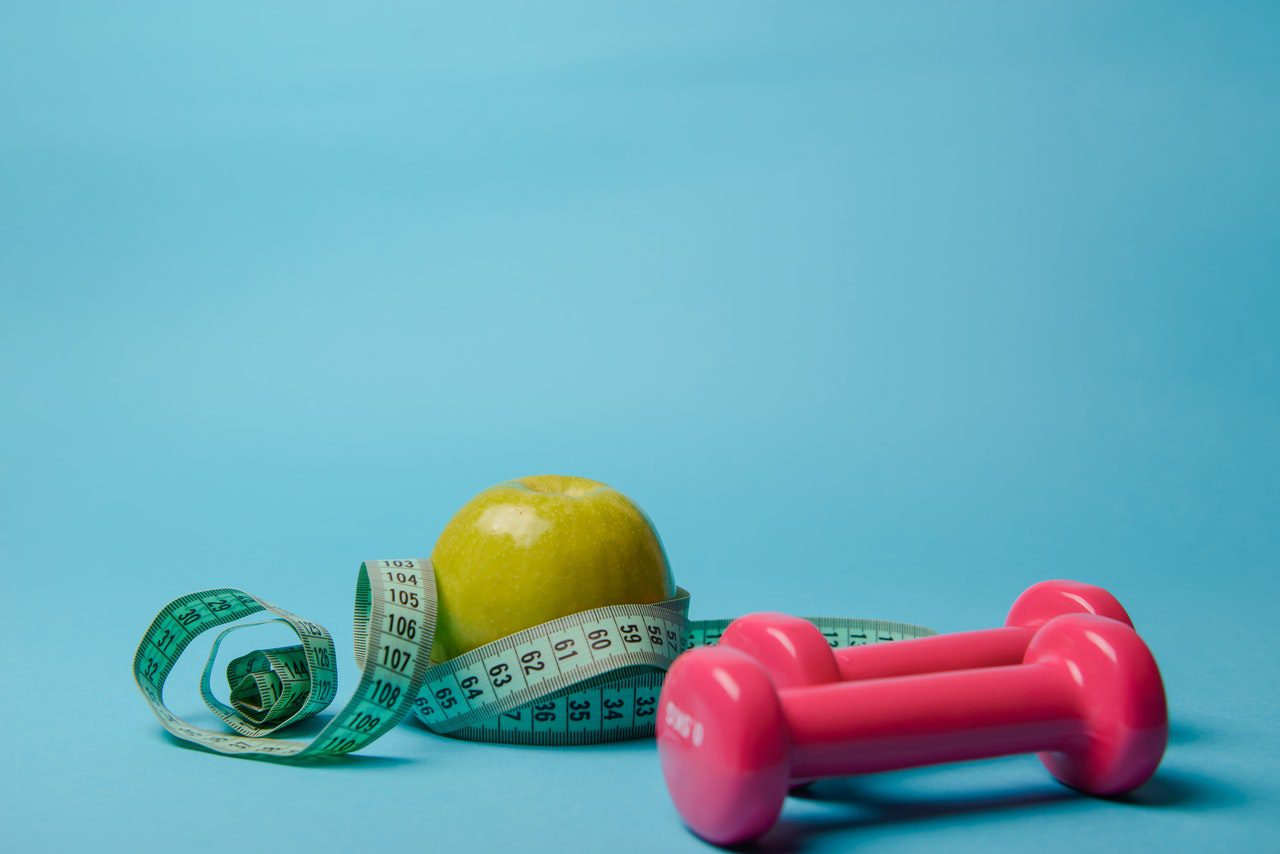Not everyone desires to lose weight – Some want to gain it, as being underweight or too skinny undermines them. It is often a goal for underweight individuals or looking to build muscle mass.
What does gaining weight mean?
Gaining weight can be achieved by consuming more calories than the body expends, increasing overall body weight.
This process is ideally approached in a healthy and controlled manner, focusing on nutrient-dense foods and incorporating exercise, particularly strength training, to promote muscle development.
It is important to note that gaining weight should be done in a way that supports overall health and well-being.
How to Gain Weight?
Individuals who are underweight or malnourished may need to gain weight to reach a healthy body mass index (BMI) and ensure they have adequate energy stores for overall well-being.
Hormonal imbalances can affect weight. In some cases, gaining weight may be necessary to restore hormonal balance.
If you’re looking to gain weight in a healthy and controlled manner, it’s essential to focus on increasing muscle mass rather than just gaining fat.
Here are some tips to help you healthily gain weight:
- Eat More Calories – To gain weight, consume more calories than your body burns. Aim for a caloric surplus, but make sure the extra calories come from nutrient-dense foods.
- Eat Frequently – Instead of three large meals, eat five to six smaller meals throughout the day. This can help you consume more calories without feeling overly full.
- Choose Nutrient-Dense Foods – Focus on foods that are rich in nutrients. Include lean proteins, whole grains, healthy fats, fruits, and vegetables in your diet.
- Protein Intake – Protein is essential for muscle building. Include protein-rich foods such as lean meats, poultry, fish, eggs, dairy products, legumes, and nuts in your meals.
- Healthy Fats – Incorporate healthy fats into your diet, such as avocados, nuts, seeds, olive oil, and fatty fish. These provide a concentrated source of calories.
- Dairy Products – Full-fat dairy products like whole milk, cheese, and yogurt are calorie-dense and provide essential nutrients. Include them in your diet for added calories.
- Avoid Empty Calories – Focus on nutrient-dense foods rather than sugary snacks and beverages while gaining weight. Opt for whole, unprocessed foods to get essential vitamins and minerals.
- Stay Hydrated – Drink fluids before or after meals to avoid feeling too full during meals. However, avoid consuming excessive liquids before or during meals, as it might reduce your appetite.
- Be Consistent – Consistency is crucial. Stick to your daily meal plan and exercise routine for gradual and healthy weight gain.
Gaining weight is a gradual process, and focusing on overall health and well-being is essential. If you find it challenging to gain weight, consider consulting with a healthcare professional. They can provide personalized advice based on your needs, health status, and dietary preferences.





